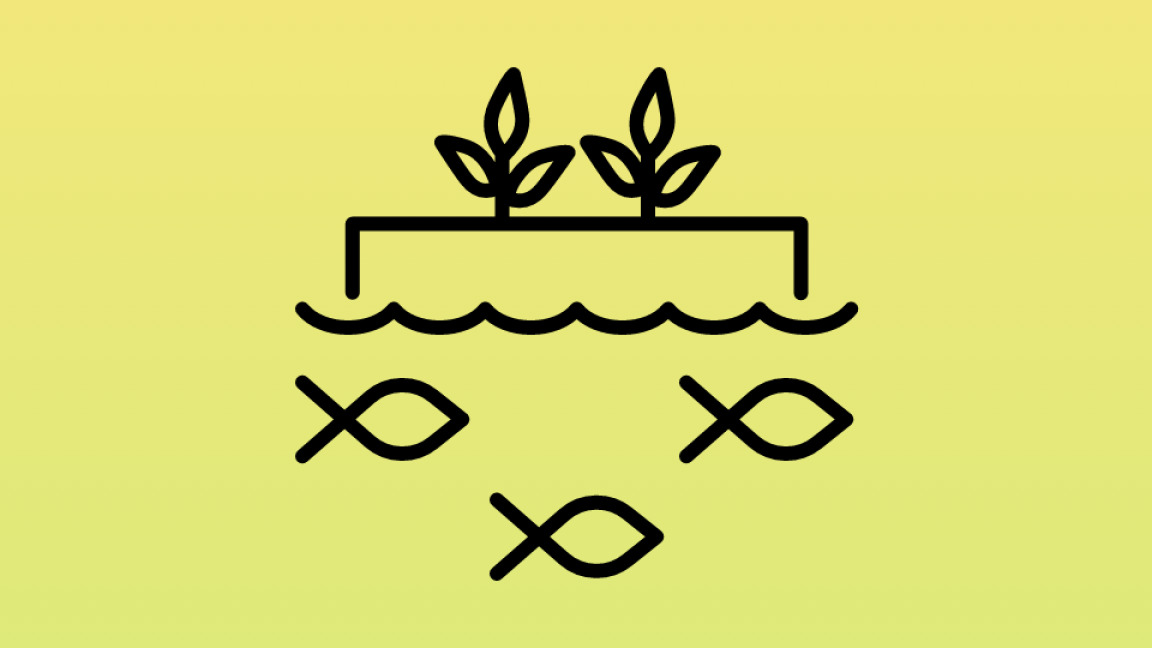Fish and other aquatic foods are vitally important for many people – as nutrient-rich food and as a source of income. However, overfishing, illegal practices, climate change and pollution are jeopardising these essential natural resources. At the same time, there is growing demand for sustainable foods and fair jobs.

Aquaculture and fisheries
Aquatic foods secure livelihoods and food supplies worldwide. We support fisheries and aquaculture as part of sustainable agricultural and food systems – to promote nutrition and the climate.
Figures at a glance
500
million
people worldwide earn a living from fisheries and aquaculture.
22
billion USD
is channelled into fisheries subsidies each year – sometimes with negative consequences.
13
countries
are already implementing the Fisheries Transparency Initiative (FiTI).
sustainable use of resources
fair market structures
climate-resilient value creation
transparent management

This project focuses on the following GIZ work priorities:
The project contributes to these Sustainable Development Goals (SDGs) of the United Nations: